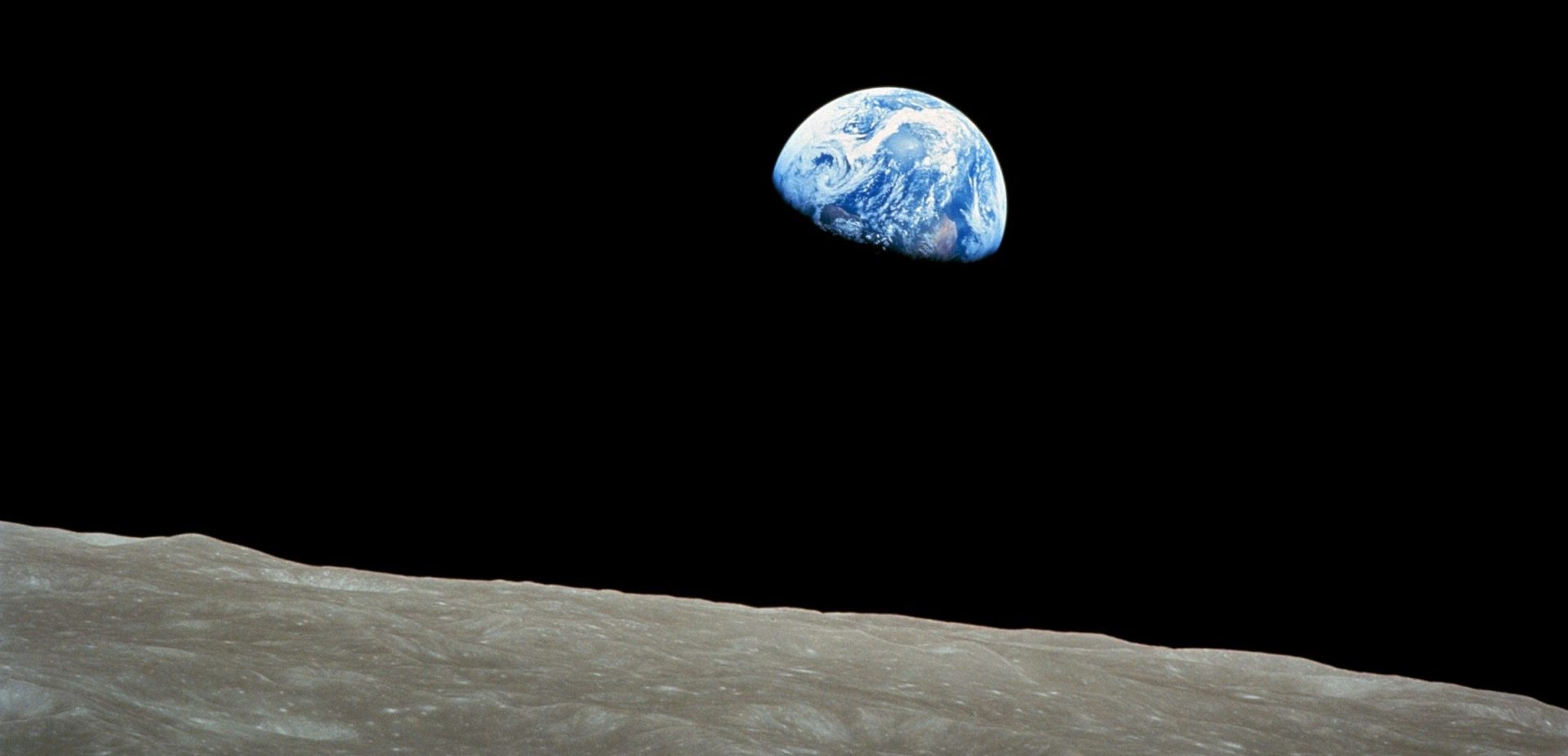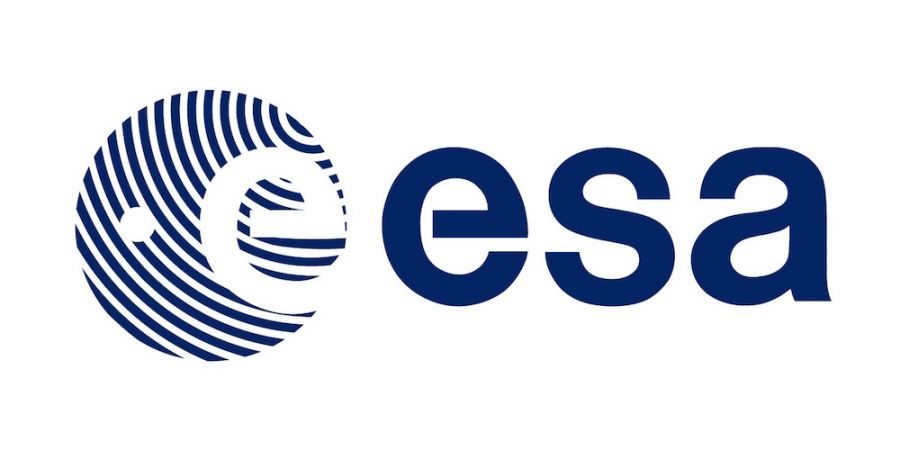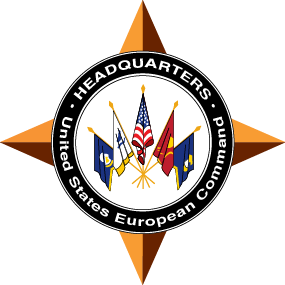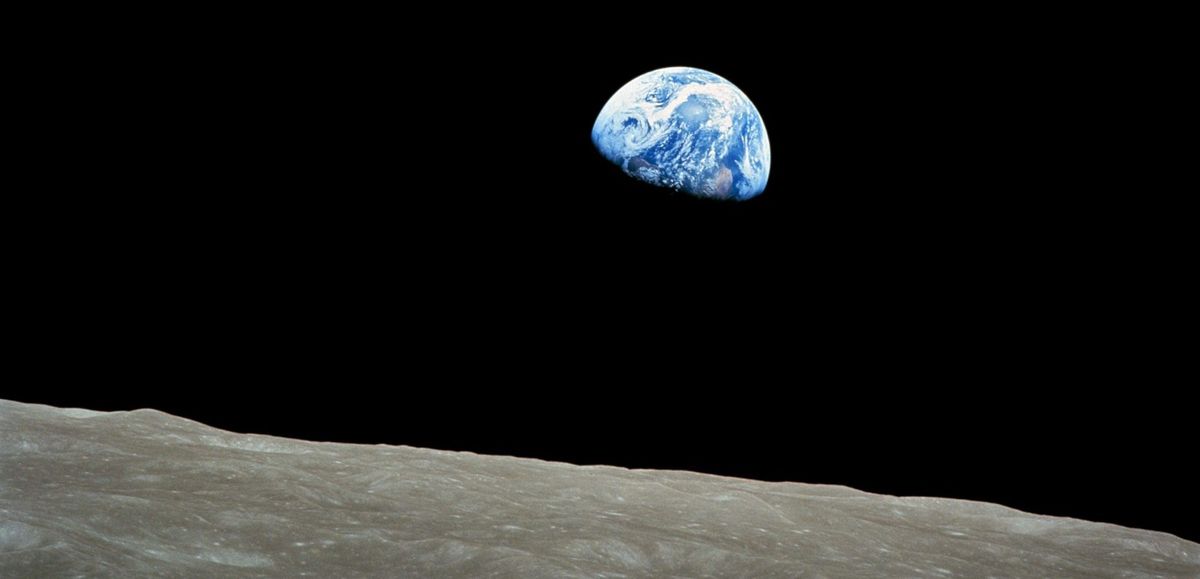
Summary
The EU is aiming to create a ‘digital twin earth’ – a living digital replica of the planet that offers insights into and foresights of physical changes. The data and analytics generated could help the EU enjoy improved decision-making, especially on climate action. It could also provide an opportunity for policy-driven growth, attracting private capital and research funding in this strategic area.
The digital twin earth will be the result of collaboration between the EU’s space programme and three other major initiatives: the Digital Europe Programme, the Connecting Europe Facility, and Horizon Europe.
Europe’s space strengths and their applications
Europe already has a lead in certain areas of space, said Josef Aschbacher, Director of Earth Observation Programmes at the European Space Agency (ESA).
5:16 “We have this fantastic earth observation organ called Copernicus, which is considered to be the gold standard worldwide,” he said. “This is a domain where Europe, unusually, takes the lead in space, because normally when you hear space, you hear about NASA and China.”
Now, Europe needs to make sure that good use can be made of this data and space infrastructure.
9:21 “Let’s assume there is a user in a civil protection agency in Italy. He hears about an earthquake somewhere in central Italy,” Aschbacher said. “He goes to the Destination Earth portal and selects the corresponding information menu. He would then take a new image from our satellites and compare new information with historic information. He would also get socio-economic data – how many people are affected.”
To make this kind of use possible, the ESA should develop a framework to link model centres with an open architecture.
24:25 “We want to link model centres together,” Aschbacher said. “This should be an open architecture and the ESA should put together the overall framework.”
Climate science will be an obvious beneficiary of the project.
15:16 “You have the real physical world, which is atmosphere, erosion and land vegetation – and you have all these fantastic observations taken by space agencies: observations of the real world,” said Florence Rabier, Director-General of the Centre for Medium-Range Weather Forecast (ECMWF). “You also have observations on the ground and from aircraft, and all our physical understanding of the earth.”
She said that finer resolution was needed to make the digital twin effective: it will have to reveal the impacts of changes in human activity – for example stopping traffic in big cities. “An unprecedented jump in resolution will allow you to better simulate storms and rainfall and floods for instance,” Rabier said.
How governments will use the model
Lawmakers will be able to use the foresights from the digital twin earth to make better decisions, said Dionysia-Theodora Avgerinopoulou, Member of the Hellenic Parliament and Director of the European Institute of Law, Science and Technology.
47:29 “We need more integrated information on what is going on and why in order to better decide what to do,” she said. “The foresight that science offers is vital, because lawmakers are also creating scenarios for the planet.”
Much of the data would be useful – and, indeed, generated – at the local level, Avgerinopoulou said.
48:21 “In Greece, coastal erosion is an issue for regions,” she said. “Regions can send back important information about what is going on in their physical territory. And we could make this project as interactive as possible.”
The importance of foresight
The COVID-19 pandemic has been a sharp reminder of the value of foresight.
2:10 “The European Union with other partners will be creating the capacity to really understand what is happening on this planet – behaviours, changes and impacts in everything from agriculture to the spread of disease,” said Dharmendra Kanani, Director for Asia, Peace, Security & Defence and Digital at Friends of Europe.
European Commission Vice-President Maroš Šefčovič has responsibility for foresight. The COVID-19 crisis has shown the importance of taking a long-term view, said Laurent Bontoux, a member of Šefčovič’s cabinet.
57:12 “Data is the new gold. It’s the new oil,” said Bontoux. “The Commission is coming out with the first package very soon to facilitate the proper use of this data, and more will come next year.”
38:50 “We are also facing a number of trends in terms of climate change and in terms of ecosystem regulation, which are also both profound globally and also in the long term,” said Bontoux. “That’s why this digital twin earth is extremely important to give policymakers the ability to understand what is going on. Decisions taken today create the world that we want tomorrow.”
One role of the EU is to integrate the input we need to have into all the policy areas, said Bontoux.
41:23 “The challenge we are facing is systemic understanding at the top strategic level of what the consequences of each policy area are for other policy areas.”
About
From 2021 to 2027, the EU will strive to bring the space programme together with three other major initiatives to create a ‘Digital Twin Earth’, offering insight and foresight on our planet’s physical changes. European satellite data will assist countries with data on decarbonisation, biodiversity and protecting the oceans – precise data which is essential for political decision-making. But how exactly might institutions, the private sector and civil society benefit from the development of a Digital Twin Earth? And what could such developments mean for society more broadly?
This Café Crossfire debate is part of Friends of Europe’s work on digitalisation, which helps think through the implications of the digital revolution, bringing together a wide range of stakeholder and community perspectives and experiences to play a role in shaping policy thinking and developments. We work across policy areas, taking a whole society, whole economy approach to ensure that digital is a force for good and that citizens are empowered to navigate a digital 21st century.
Related content:
- Friends of Europe debate “Future proofing cities – resilience in redesign”
- Friends of Europe debate “2020: Aligning biodiversity with climate action”
- Friends of Europe event report “Entering a new climate dimension with space”
Our events include photos, audio and video recording that we might use for promotional purposes. By registering, you give your permission to use your image. Should you have any questions, please contact us.
PHOTO CREDIT: Pexels
Schedule
From 2021 to 2027, the EU will strive to bring the space programme together with three other major initiatives: the Digital Europe Programme, the Connecting Europe Facility, and Horizon Europe. If all goes well, this collaboration could enable the EU to create a ‘Digital Twin Earth’, offering insight and foresight on our planet’s physical changes. European satellite data will assist countries with data on decarbonisation, biodiversity and protecting the oceans – precise data which is essential for political decision-making. Boosting the future budget for work on space would enable the EU to build up its Earth observation capacity, adding value to Europe’s initiatives in climate action, development policy and security, and turning it into a global leader in space. And as a result of the increased data, analytics and foresight gained, the EU could expect to enjoy improved decision-making, especially for climate action. But to become a modern space power, Europe must also draw on the knowledge and agility of the private sector. Space could provide an opportunity for policy-driven growth, using the power of the EU to attract private capital and research funding in this strategic area.
- What could these new developments mean for society?
- How can institutions, the private sector and civil society benefit from the development of a Digital Twin Earth?
- How can companies combine Artificial Intelligence and big data collected from space to provide forecasting on the impact of climate change?
speaker
Josef Aschbacher
Director General of the European Space Agency (ESA)
Dionysia Theodora Avgerinopoulou
Member of the Hellenic Parliament and 2012 European Young Leader (EYL40)
Laurent Bontoux
Member of the Cabinet of European Commission Vice-President Maroš Šefčovic
Florence Rabier
Director-General of the European Centre for Medium-Range Weather Forecasts (ECMWF)
moderator
Dharmendra Kanani
Chief Operating Officer and Chief Spokesperson of Friends of Europe
Speakers
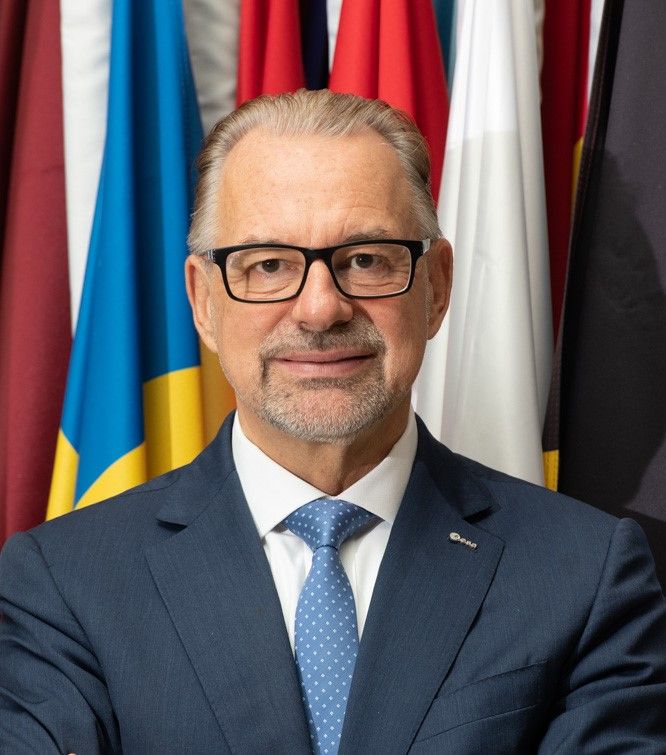
Director General of the European Space Agency (ESA)
Thirty years ago, Josef Aschbacher began his career at the European Space Agency (ESA) where he was seconded as the ESA Representative to Southeast Asia at the Asian Institute of Technology in Bangkok. Later, he joined the European Commission’s Joint Research Centre (JRC) in Ispra, Italy, where he served as scientific assistant to the Director of the Space Applications Institute. Upon his return to ESA headquarters in Paris, he was tasked with advancing Copernicus activities within ESA, going on to become head of the Copernicus Space Office, where he led all activities for Copernicus within the Agency and with external partners, in particular the European Commission. Before taking office as the ESA’s Director General, Aschbacher was entrusted with planning the ESA’s Earth Observation Programme, as well as formulating and implementing programmatic and strategic decisions across the Directorate.
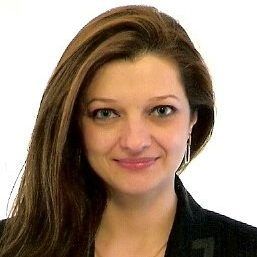
Member of the Hellenic Parliament and 2012 European Young Leader (EYL40)
Dionysia-Theodora Avgerinopoulou is a Member of the Hellenic Parliament, where she chairs the Environment Committee. She is also the Director of the European Institute of Law, Science and Technology and an attorney-at-law, specialising in international, European and environmental and climate law, as well as international investment law. She has previously served as vice-chair of the Global Water Partnership Organization. Dionysia-Theodora is a leader in environmental and humanitarian activities and has been the recipient of several international awards, including the Global Citizenship Award for Leadership in Assisting Humanity by Orphans International Worldwide and the Green Star Award by UNEP, OCHA and Green Cross International for her contributions in the preparedness and reconstruction in cases of natural disasters.
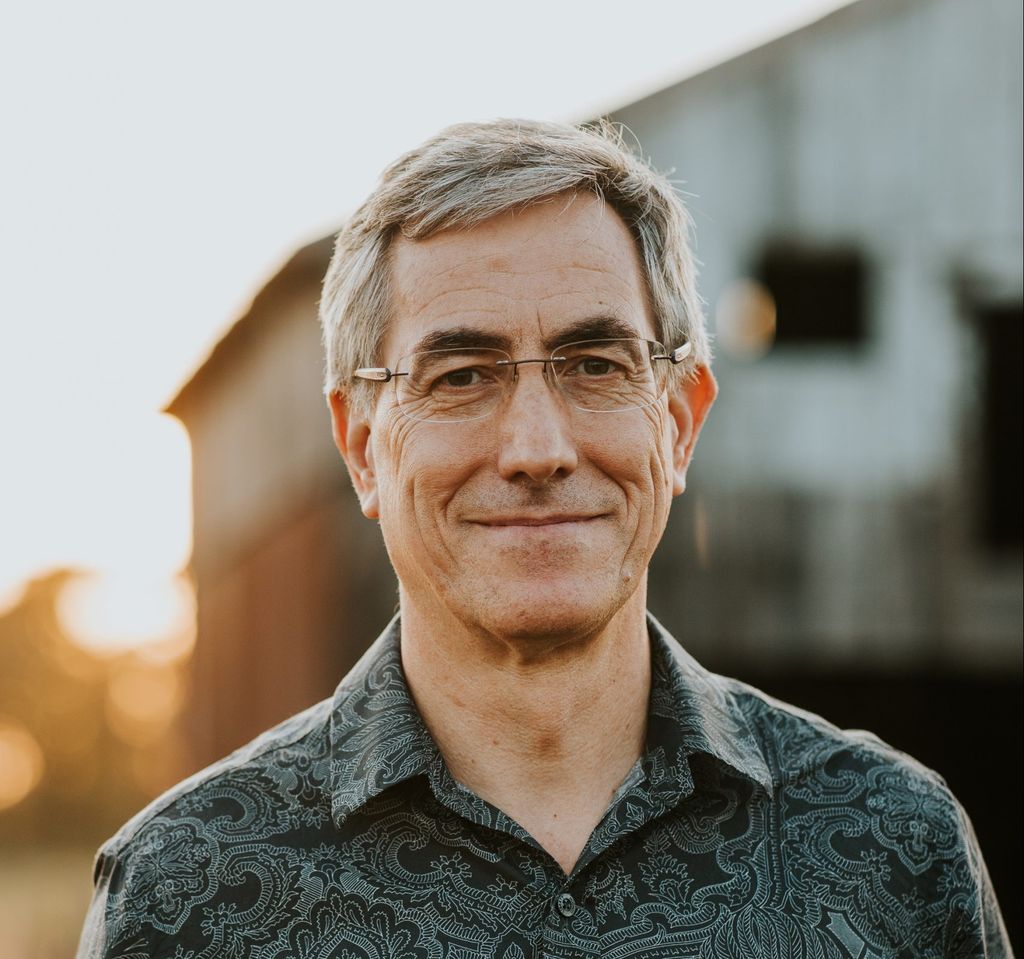
Member of the Cabinet of European Commission Vice-President Maroš Šefčovic
Previously serving as Senior Foresight Expert in the European Commission Joint Research Centre’s Competence Centre for Foresight, Laurent Bontoux plays a role in bringing future-oriented systemic thinking into EU policymaking, while striving to be as inclusive as possible and to apply participative approaches. Starting his career off as a food technology engineer and an environmental engineer, he went on to spend three years ensuring the environmental safety of household products at Procter & Gamble in Brussels. Since joining the European Commission in 1993, Bontoux has spent most of his career working at the nexus of science and policy on a wide range of issues, including health and environmental risk assessment, research, environmental technologies, sustainability issues and long-term thinking.
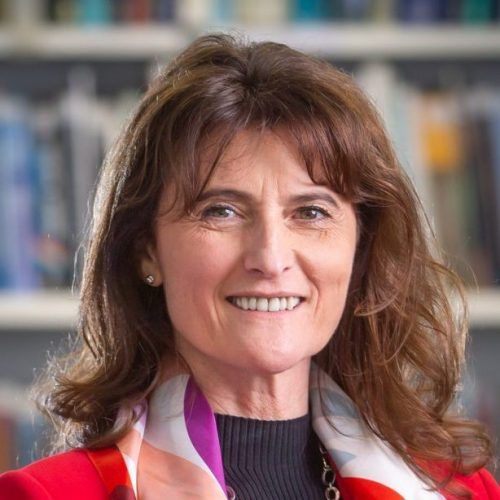
Director-General of the European Centre for Medium-Range Weather Forecasts (ECMWF)
Florence Rabier is an internationally recognised expert in numerical weather prediction, whose leadership has greatly contributed to delivering major operational changes at both ECMWF and Météo-France. She is especially well known within the meteorological community for her key role in implementing an innovative data assimilation method (4D-Var) in 1997, which was a world first and contributed to an optimal use of satellite observations in weather forecasting. She also led an international experiment involving a major field campaign over Antarctica. Rabier has been awarded the title of ‘Chevalier de la Légion d’Honneur’, one of the highest decorations in France.
Photo credit: C3S/ECMWF
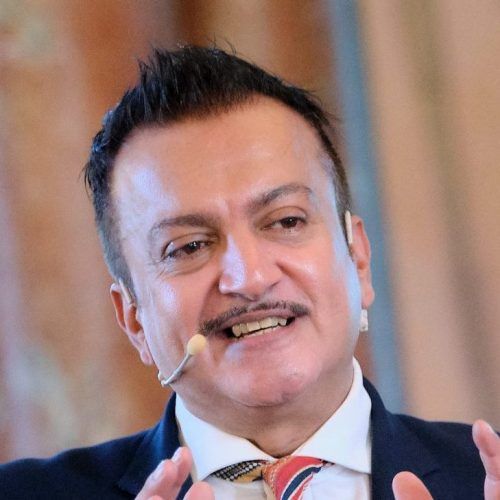
Chief Operating Officer and Chief Spokesperson of Friends of Europe
Prior to joining Friends of Europe, Dharmendra Kanani was director of policy at the European Foundation Centre (EFC). He was the England director at the Big Lottery Fund, the largest independent funder in the UK and fourth largest in the world. Dharmendra has held senior positions in the public and voluntary sectors and advisor to numerous ministerial policy initiatives across the UK.
Partners
Activities
A European agenda for space: resilience, security and sovereignty
Past event In person
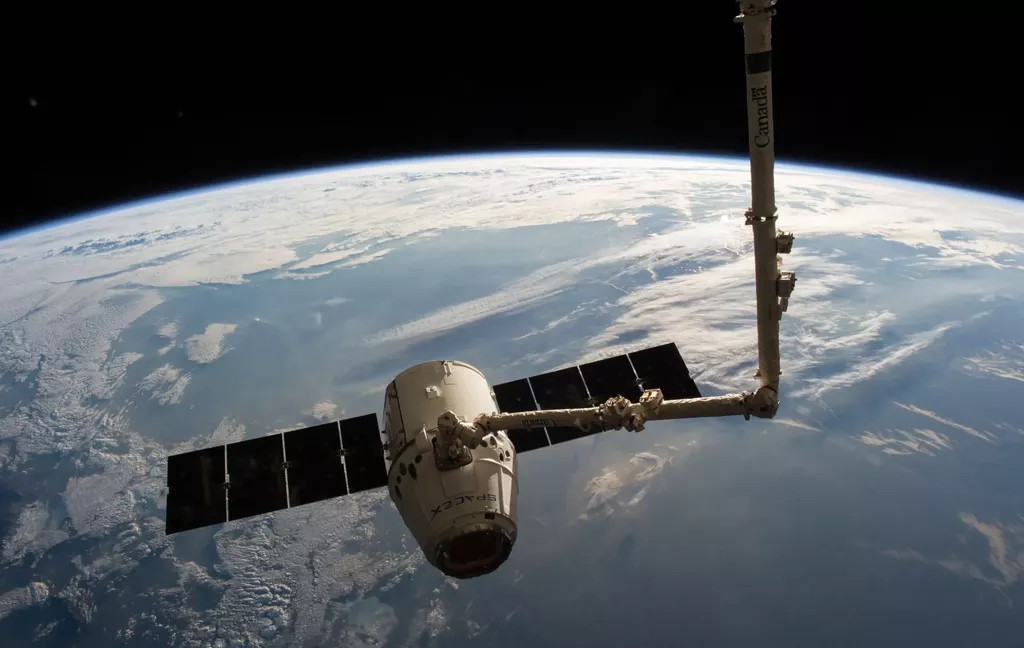
- Area of Expertise
- Digital & Data Governance
Prepare, Provide, Pioneer: digitalisation as a motor for Europe’s success…
Next event In person & livestreamed
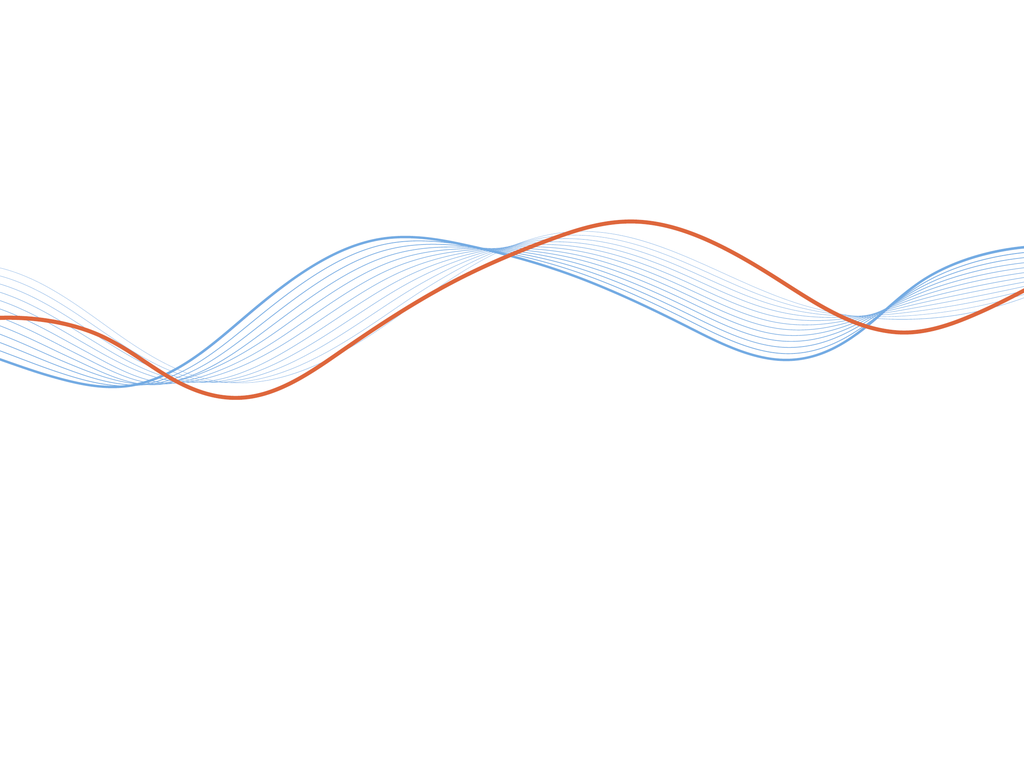
- Area of Expertise
- Digital & Data Governance
From orbit to impact: charting Europe’s course in a changing global…
Past event Online
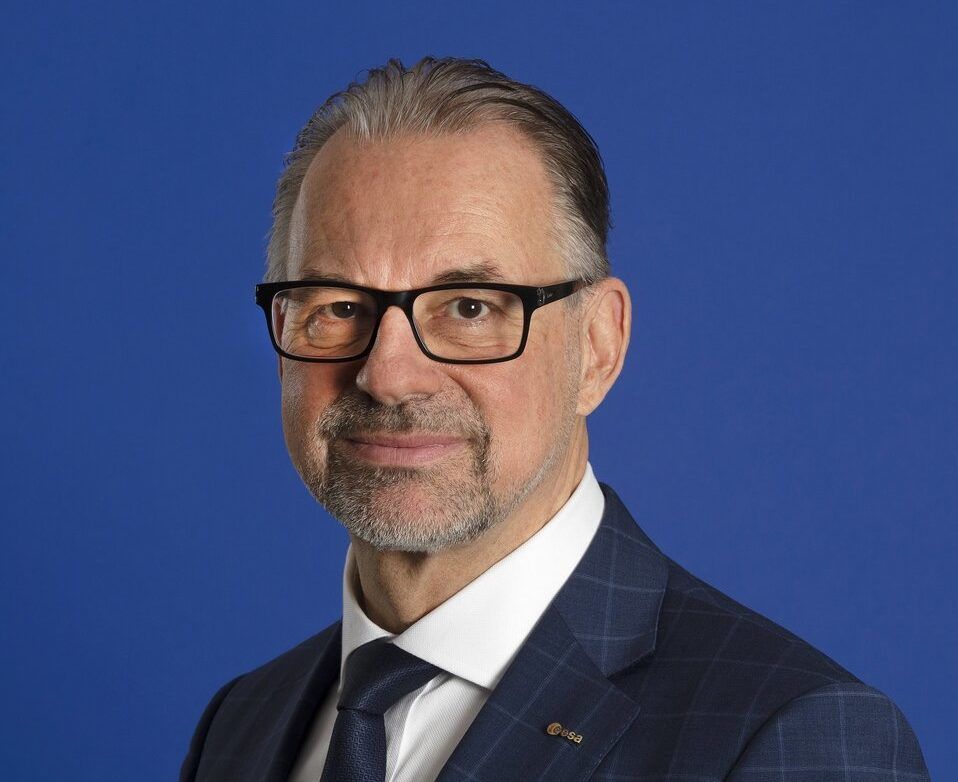
- Area of Expertise
- Digital & Data Governance
Embracing digital government for Europe’s citizens: how do we maximise…
Past event In person

- Area of Expertise
- Digital & Data Governance
The digital battlefield: EU-China cybersecurity diplomacy in the 21st…
- Category
- #CriticalThinking
- Author
- By Dr Cristina Vanberghen
The digital battlefield: EU-China cybersecurity diplomacy in the 21st…
- Category
- #CriticalThinking
- Author
- By Dr Cristina Vanberghen
Time for ESA to chart its own course and reduce NASA dependency
- Category
- #CriticalThinking
- Author
- By Susmita Mohanty
Introducing a new method to assess the productivity of human-AI…
- Category
- #CriticalThinking
- Author
- By Smita Samanta & Emmanuel Benhamou
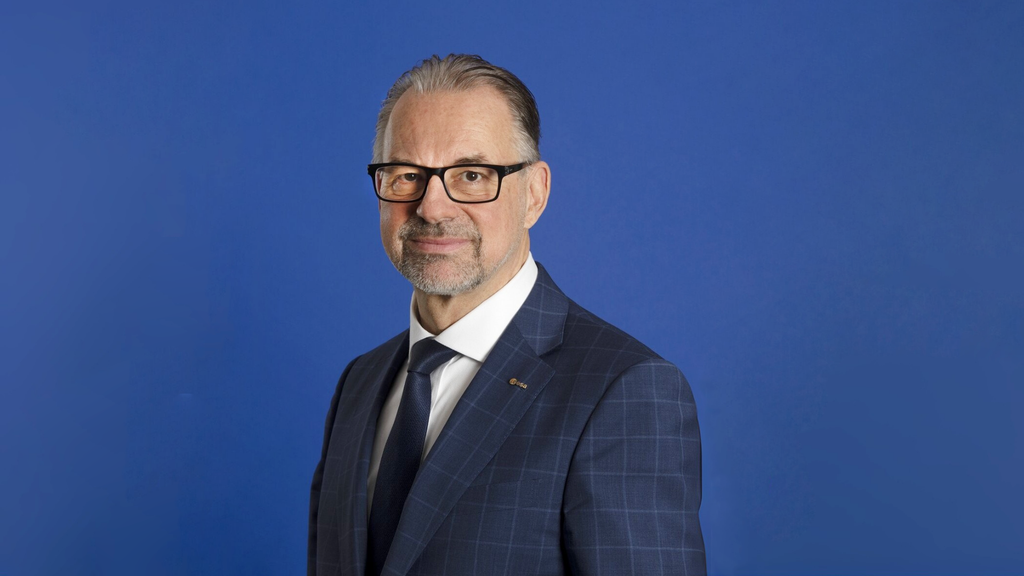
- Area of Expertise
- Digital & Data Governance
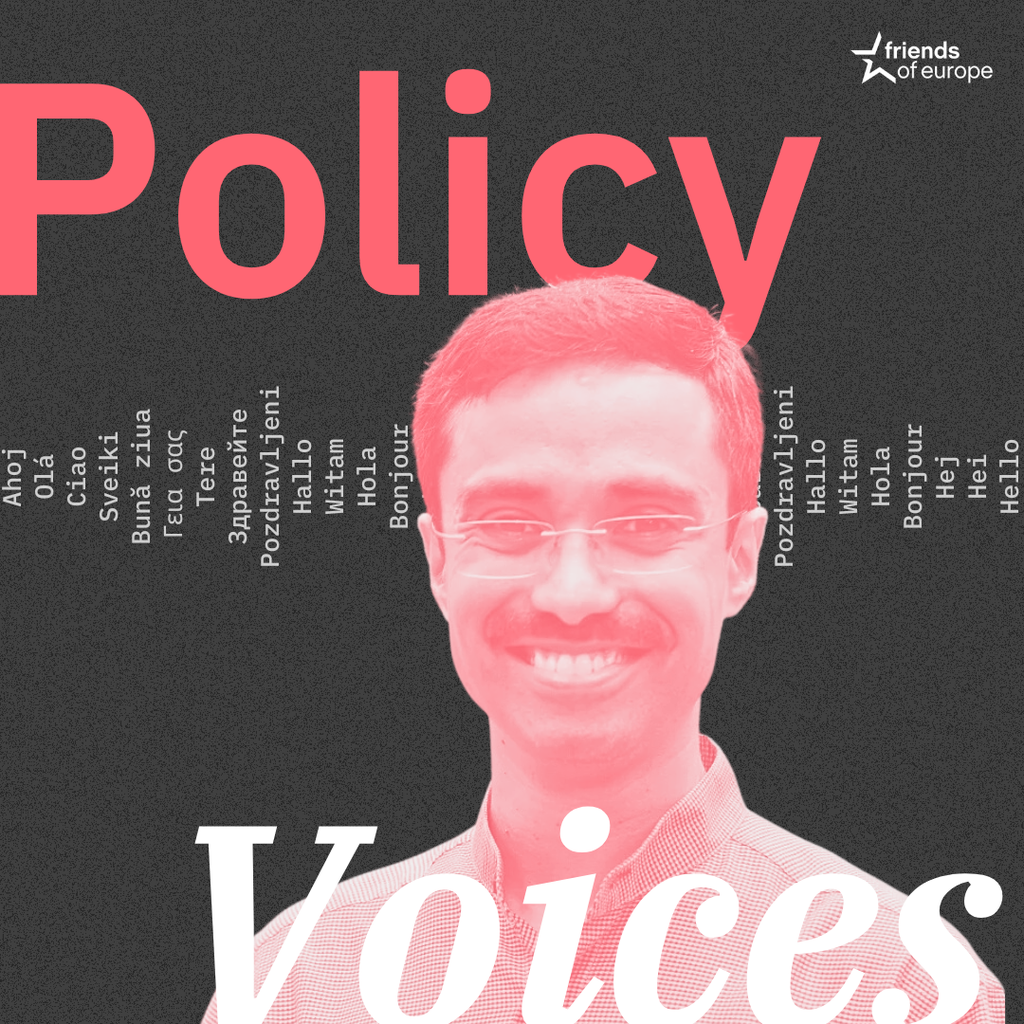
- Area of Expertise
- Digital & Data Governance
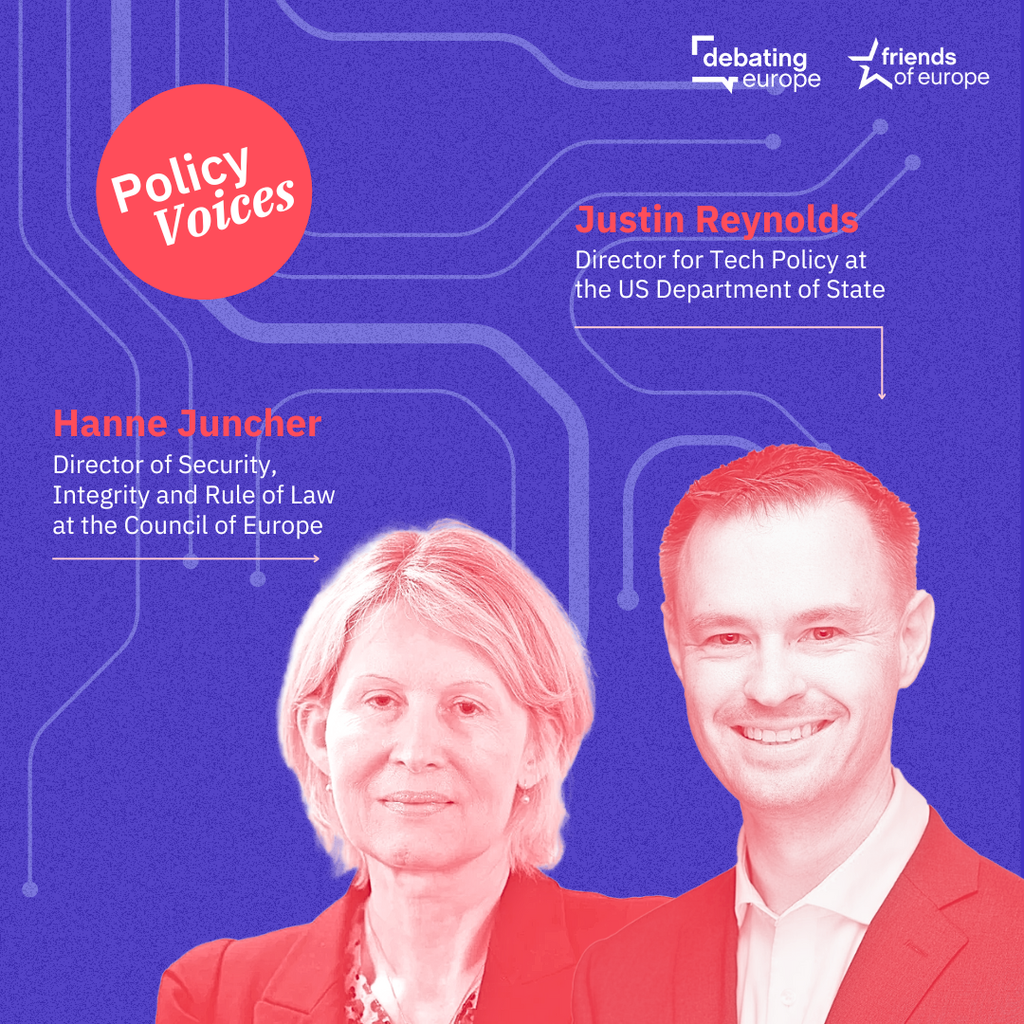
- Area of Expertise
- Democracy

- Area of Expertise
- Digital & Data Governance
Continue
the debate on
- Debating Europe
